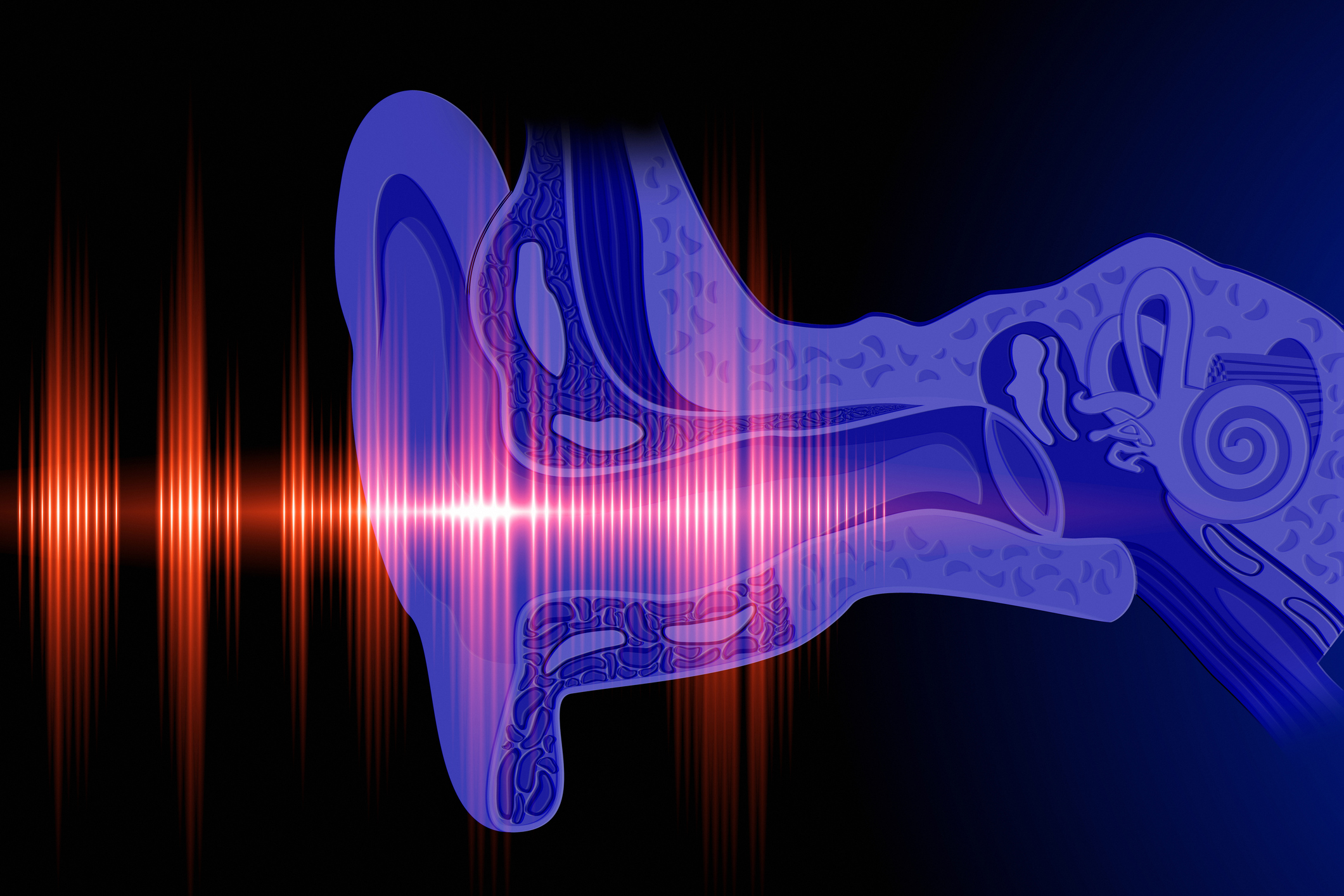Tag: Neurology and Neuroscience
-

Brain Lesion Location Influences Addiction Behaviors
Damage to particular regions of the brain may influence addiction behaviors, providing insight into potential therapeutic targets for substance use disorders.
-

Exploring Ketamine’s Antidepressant Mechanisms
A new Northwestern Medicine study has identified how ketamine works so quickly, and how it might be adapted without side effects.
-

Most COVID-19 ‘Long Haulers’ Continue to Experience Symptoms 15 Months After Initial Infection
Most non-hospitalized COVID-19 “long-haulers” at the Northwestern Medicine Neuro COVID-19 Clinic continued to experience symptoms including brain fog, dizziness and fatigue 15 months after disease onset, according to a new study.
-

Celebrating Alzheimer’s Science and Clinical Care
The Mesulam Center for Cognitive Neurology and Alzheimer’s Disease held the 28th annual Alzheimer Day on May 5, returning to campus for the first time in three years.
-

New Tool to Create Hearing Cells Lost in Aging
Northwestern Medicine scientists have discovered a master gene that programs ear hair cells’ development, overcoming a major hurdle towards restoring hearing.
-

Northwestern Receives Distinguished Fellowship to Train Movement Disorder Clinician-Investigator
The Michael J. Fox Foundation for Parkinson’s Research has chosen Northwestern to receive an Edmond J. Safra Fellowship in Movement Disorders to train a movement disorder clinician-investigator.
-

Exposure to Artificial Light During Sleep May Increase Risk of Heart Disease and Diabetes
Exposure to even moderate ambient lighting during nighttime sleep, harms cardiovascular function during sleep and increases your insulin resistance, according to a new study.
-

Elucidating Parkinson’s Disease
Recent advances from Northwestern investigators have powered a new, deeper understanding of Parkinson’s disease that could pave the way to a disease-modifying treatment.
-

Study Finds Dopamine Signaling Promotes Compulsive Behavior
Northwestern investigators have discovered that dopamine signaling in the dorsomedial striatum promotes the development of compulsive behaviors, according to findings published in Current Biology.
-

Olfactory Processing Comes in Waves
Neural waves of three distinct registers combine to give the brain a picture of what’s being smelled, according to a Northwestern Medicine study.






